Codling moth, Cydia pomonella, is a major pest of apples and other pome fruits. It can cause significant yield losses and affect fruit quality, posing a considerable challenge for apple growers.R & D Solutions was approached by an Australian company developing a new growth regulator designed to disrupt the life cycle of the codling moth. With our wide-ranging expertise in apple cultivation and pest management, we were an ideal partner for conducting the necessary field trials.
Objective:
The main objective was to assess the efficacy of the new growth regulator in managing codling moth populations in apple orchards under field conditions.
Trial Design:
The field trial was designed using a randomized complete block design, with each block containing untreated control trees and trees treated with the new growth regulator. Existing conventional insecticides were also included for comparative analysis.
The trial was carried out in multiple apple orchards across different Australian regions, representing varied microclimatic conditions. Replications were conducted in each site to strengthen the robustness of the results.
Trial Procedure:
The trial commenced early in the apple growing season, just before the typical emergence of codling moth larvae. The apple trees were monitored daily for the appearance of codling moth signs.
Upon the first signs of codling moth activity, we initiated the treatments. The growth regulator and conventional insecticides were applied according to their recommended usage rates. The treatment applications were repeated at intervals based on the product labels and the moth lifecycle.
Our team maintained vigilant monitoring of the apple trees for codling moth activity. Environmental conditions were also recorded, given their influence on moth lifecycle and treatment efficacy.
Data Collection and Analysis:
We collected data on the codling moth populations, damage incidence, and apple yield and quality. The population and damage data provided insights into the efficacy of the treatments in controlling codling moth. The yield and quality data helped assess the potential impact of treatments on apple production.
Statistical analysis was performed on the collected data. The efficacy of the new growth regulator was compared to the untreated control and the conventional insecticides.
Outcome:
The trial results revealed the new growth regulator to be highly effective in controlling codling moth populations, comparable to conventional insecticides, with no adverse effects on apple yield or quality.
These findings were significant in supporting the registration process of the new growth regulator and allowed the developing company to make informed decisions regarding its commercialization.
In conclusion, this trial represents how R & D Solutions aids clients in validating the effectiveness of innovative agrochemical products. Our thorough trial design, precise execution, and comprehensive data analysis ensure our clients get reliable, actionable insights that guide their product development, enabling them to contribute positively to the agriculture industry.
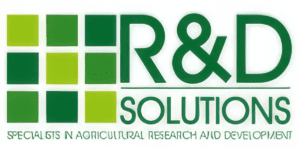
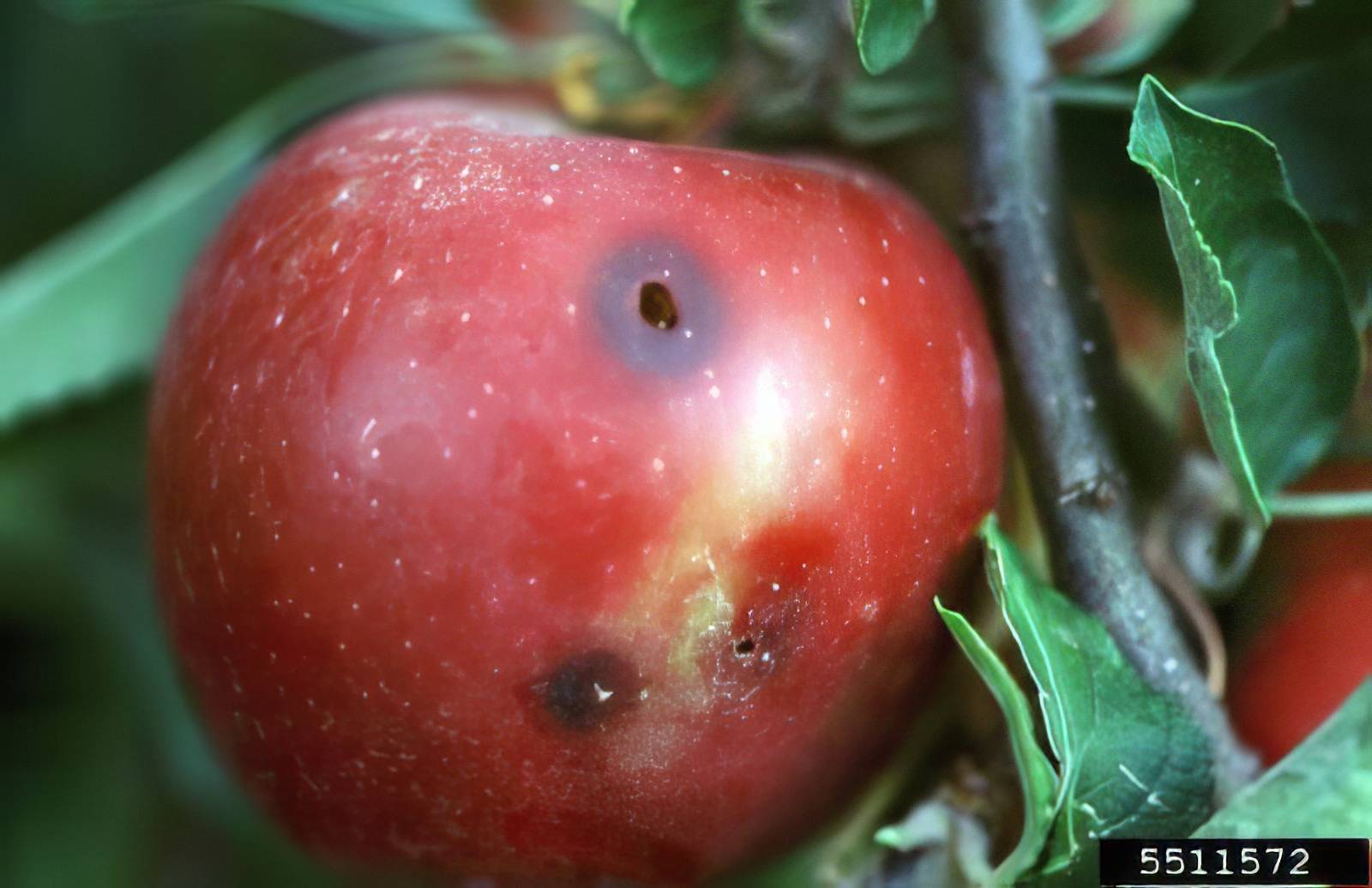
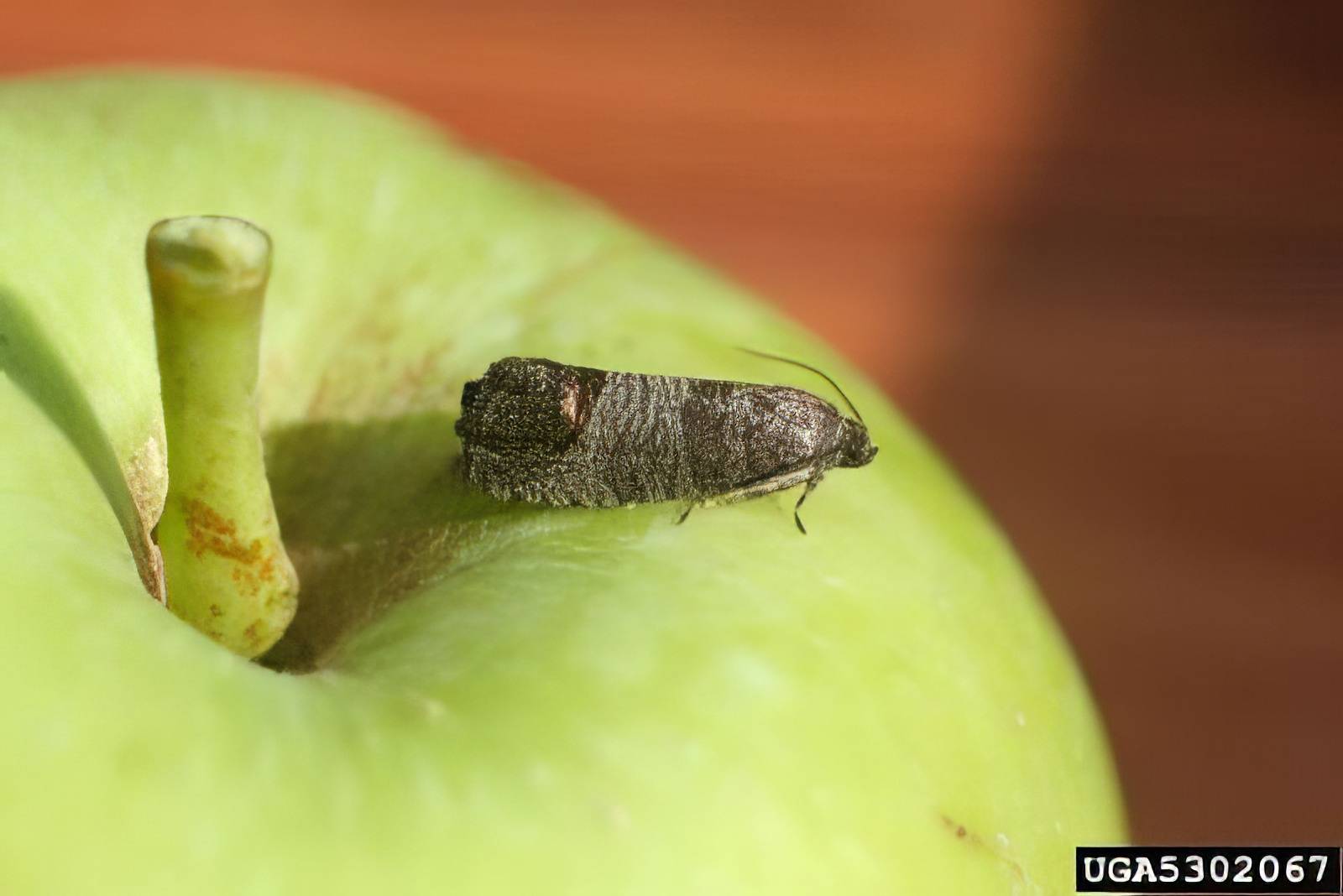
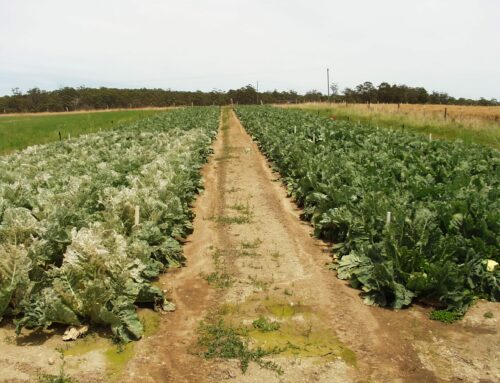

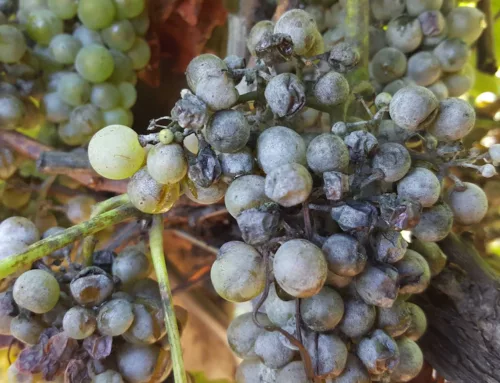

Leave A Comment